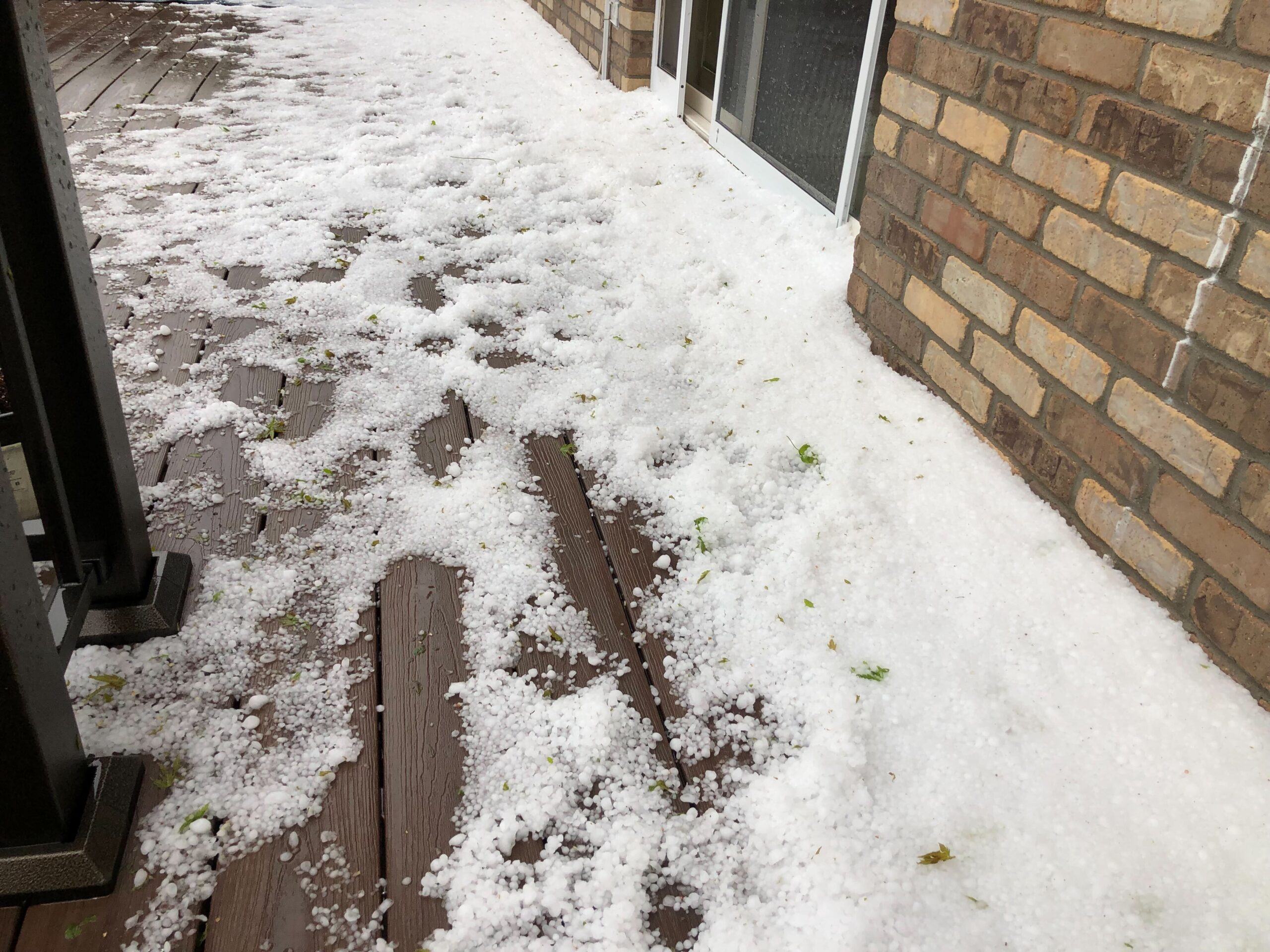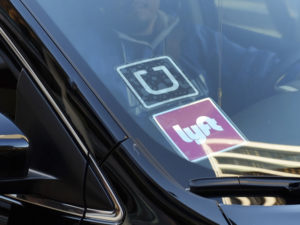
Colorado is getting nearly $329 million in federal grants to cut climate-warming pollution, funding an unprecedented effort to switch homes and businesses away from fossil fuels in favor of zero-carbon electricity.
The U.S. Environmental Protection Agency announced the pair of grants at a press conference in Denver on Monday. The awards represent a portion of more than $4.3 billion handed out nationwide through the Inflation Reduction Act, a landmark climate and healthcare law signed by President Biden in 2022.
In Colorado, the awards will allocate nearly $200 million to the Denver Regional Council of Governments for a new zero-emissions building initiative. The Colorado Energy Office will also receive more than $129 million to establish a “decarbonization accelerator” to reduce climate-warming methane emissions from landfills, coal mines and other sources. In addition, the state will use the new funding to support its ongoing efforts to electrify large buildings.
“These funds will stimulate economic growth through the development of new industries and the creation of new jobs, and help address Front Range air pollution and improve public health,” said EPA Regional Administrator KC Becker. “I can't wait for these projects to get started.”
Colorado has little chance of reaching its ambitious climate targets without major renovations to homes and businesses. Residential and commercial buildings account for almost 10 percent of the state’s climate emissions, making the sector the fifth-largest source of emissions behind transportation, electricity generation, oil and gas and heavy industry, according to state data. Those figures, however, only account for fossil fuel burned in residential and commercial buildings, not the electricity necessary to power everything from computers to coffee makers to heating systems.
By shifting to all-electric buildings, the state plans to take full advantage of an electricity grid increasingly powered by zero-carbon wind and solar. The transition is also meant to help improve indoor air quality and reduce pollution contributing to ongoing struggles with ground-level ozone along the Front Range.
But the rush of funding hands a massive task to the Denver Regional Council of Governments, a metro area planning organization working with 58 local governments along Colorado’s Front Range.
The new five-year grant will boost the organization’s annual budget by about 60 percent. Between 2025 and 2030, the organization claims the program will train more than 4,800 workers and issue more than 40,000 financial incentives to improve buildings and pay for electric appliances like heat pumps, water heaters and induction stoves. Another piece of the program will help retrofit 1,600 low-income residences to run on zero-carbon electricity.
By 2050, the group estimates the program will have the same climate impact of taking 35 million average gas-powered cars off the road for an entire year.
“It’s kind of like the dog who caught the car. What do you do now?” said Jeff Baker, an Arapahoe County commissioner and DRCOG’s board chair. “We are aware of that and we’ve got plans.”
The organization expects to hire around 15 additional staff members to administer the effort, said DRCOG program manager Robert Spotts. It will also work in close coordination with cities like Denver, which have existing programs in place to electrify low-income residences.
At the press conference, U.S. Sen John Hickenlooper of Colorado admitted building decarbonization isn’t “sexy,” but it’s one of the most cost-effective way to cut climate-warming emissions. Hickenlooper said the new federal funding will also help establish the best practices to help other communities take similar action.









